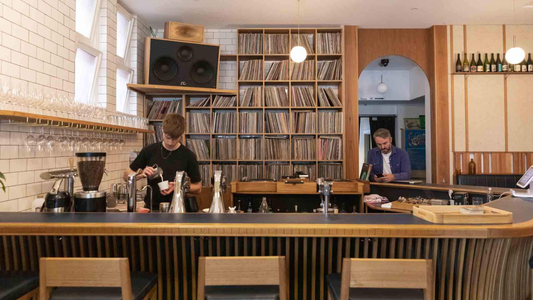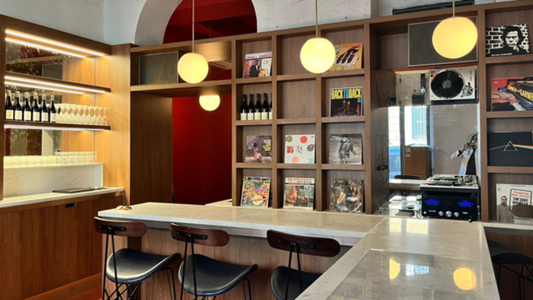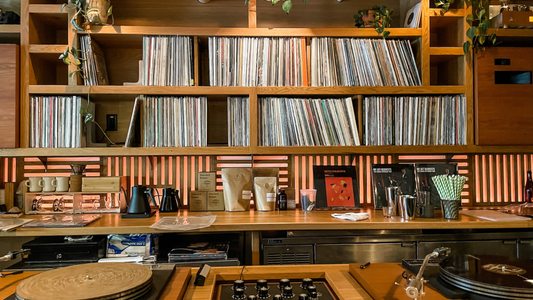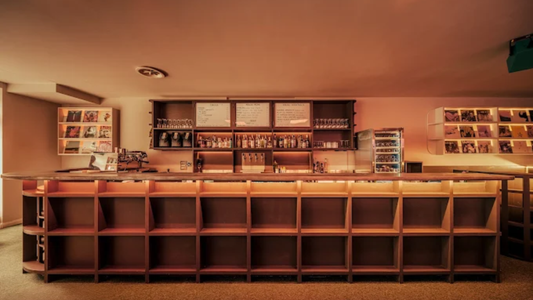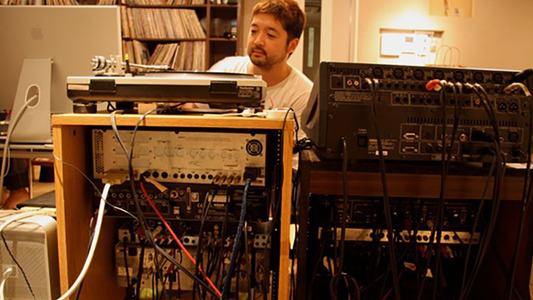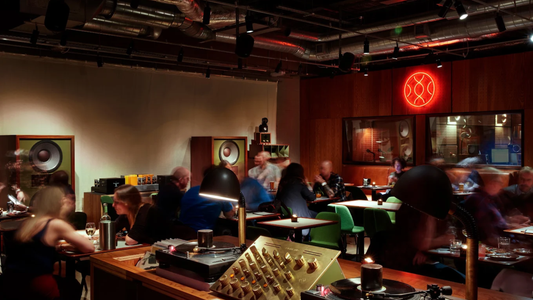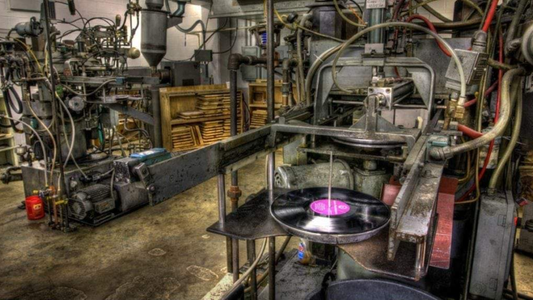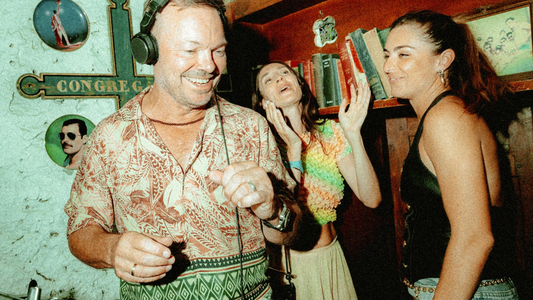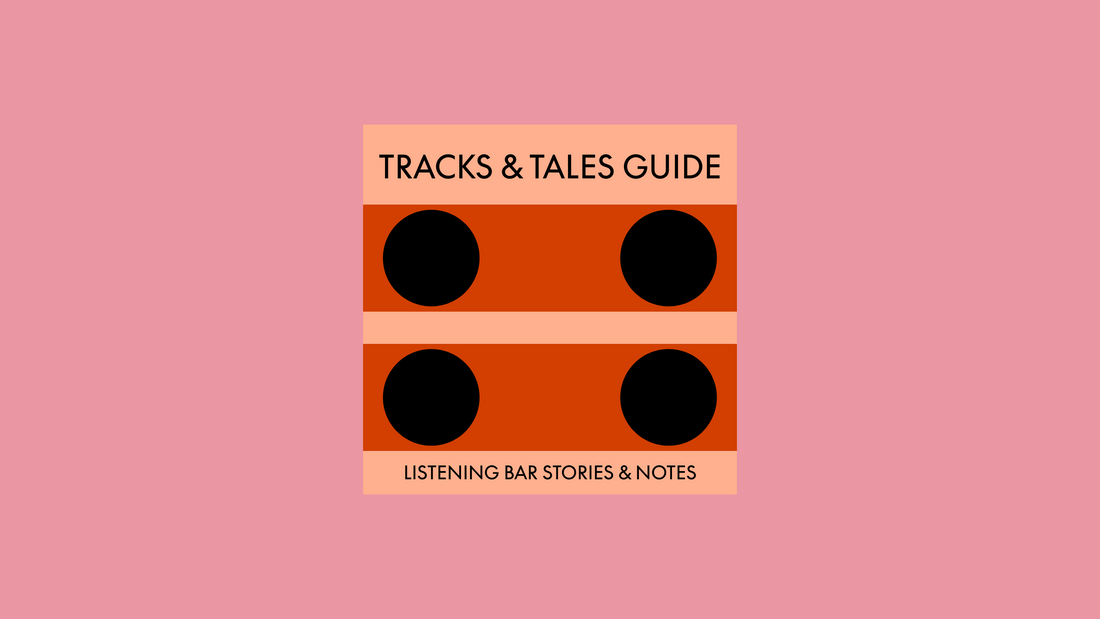
The Rhythm of Ritual
How repeated gestures build atmosphere before a record even starts.
By Rafi Mercer
Every act of listening begins long before the first note.
It starts with the sound of the sleeve sliding from its cover, the lift of the record from paper to hand, the soft static crackle as it meets the platter. The stylus descends, the room exhales, and only then does the music arrive.
These gestures may seem trivial — but they are, in truth, the scaffolding of attention. Ritual slows us down. It prepares the ear to listen.
Why ritual matters in listening:
- Repetition builds presence — doing things the same way signals the mind to settle.
- Order creates calm — sequence shapes focus, reducing noise and distraction.
- Gesture deepens intimacy — physicality grounds us in the act.
- Anticipation heightens emotion — delay turns hearing into experience.
- Ritual equals readiness — sound begins in the body before the air.
Listening bars treat this rhythm as part of the design. At Tokyo’s JBS, the owner’s slow, deliberate movements — selecting a record, brushing dust from the grooves, lowering the needle — become choreography. Patrons watch in silence, breath held. When the sound arrives, it feels earned.
At home, ritual is no less powerful. Lighting the lamp. Pouring a drink. Cleaning the record. Adjusting the volume by feel, not by number. Each act reclaims time, transforming listening from a passive act into participation.
Ritual creates coherence between mind and environment. It tells the nervous system: now, we’re here. The repetition of small, tactile motions allows the noise of the day to fade. Over time, these gestures become a language — private, precise, grounding.
Psychologists call it “embodied cognition”: the idea that physical movement shapes mental state. In music, that principle becomes audible. The rhythm of your preparation affects how you receive the rhythm of the record.
Ritual is not about control; it’s about surrender. By repeating these small, deliberate acts, you give yourself over to the experience. The record becomes not just something to hear, but something to inhabit.
And when the music finally begins, it feels different — not because it sounds better, but because you’ve made room for it.
Quick Questions
Why are rituals important in listening?
Because repetition builds focus and creates a transition from noise to attention.
What kind of rituals work best?
Simple, consistent gestures — cleaning a record, adjusting light, sitting still — done with care.
Is ritual nostalgia?
No. It’s rhythm — the human way of tuning body and space before sound.
Rafi Mercer writes about the spaces where music matters.
For more stories from Tracks & Tales, subscribe, or click here to read more.
